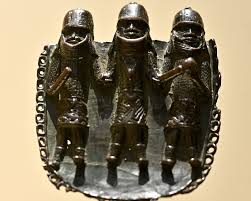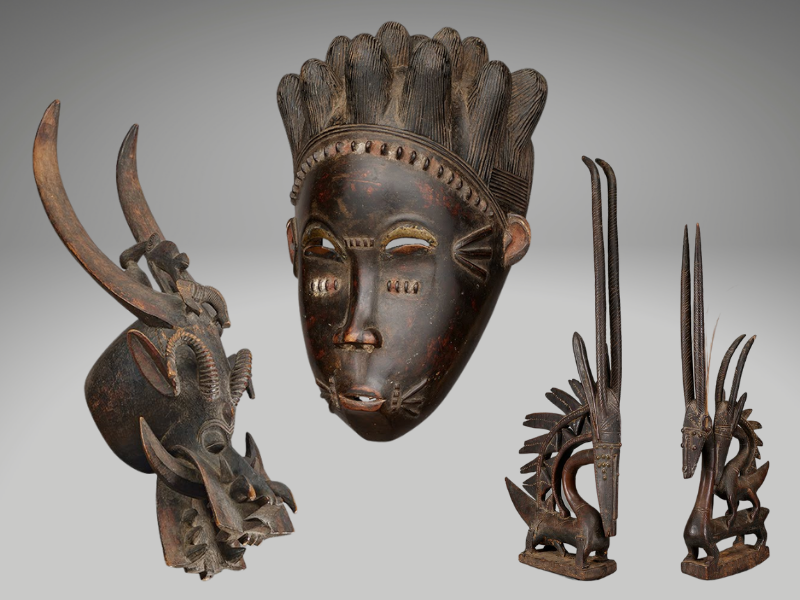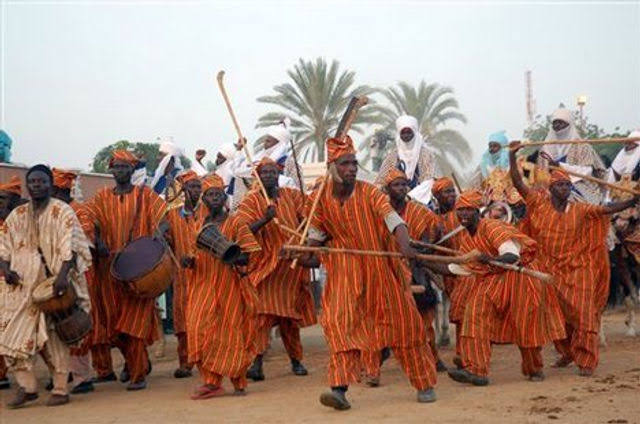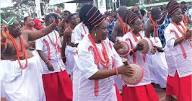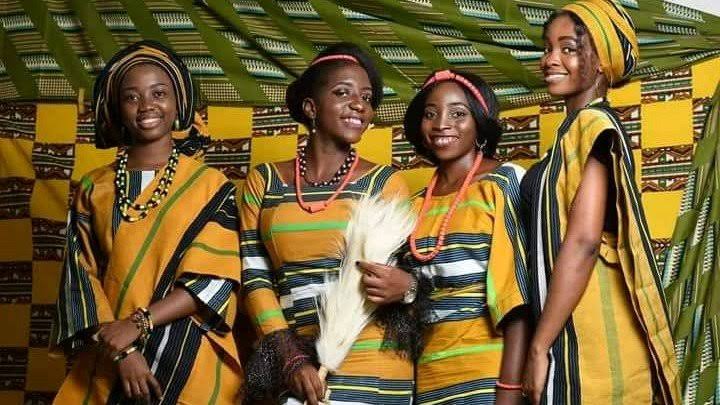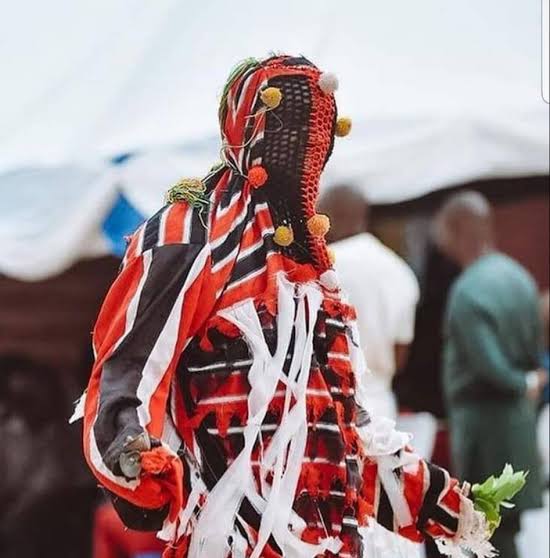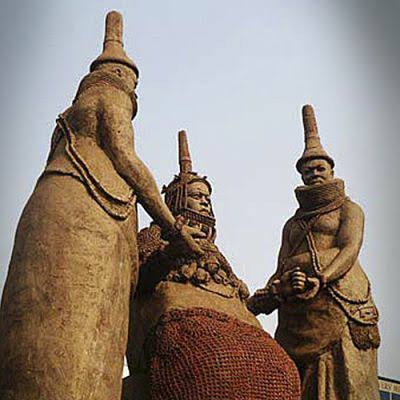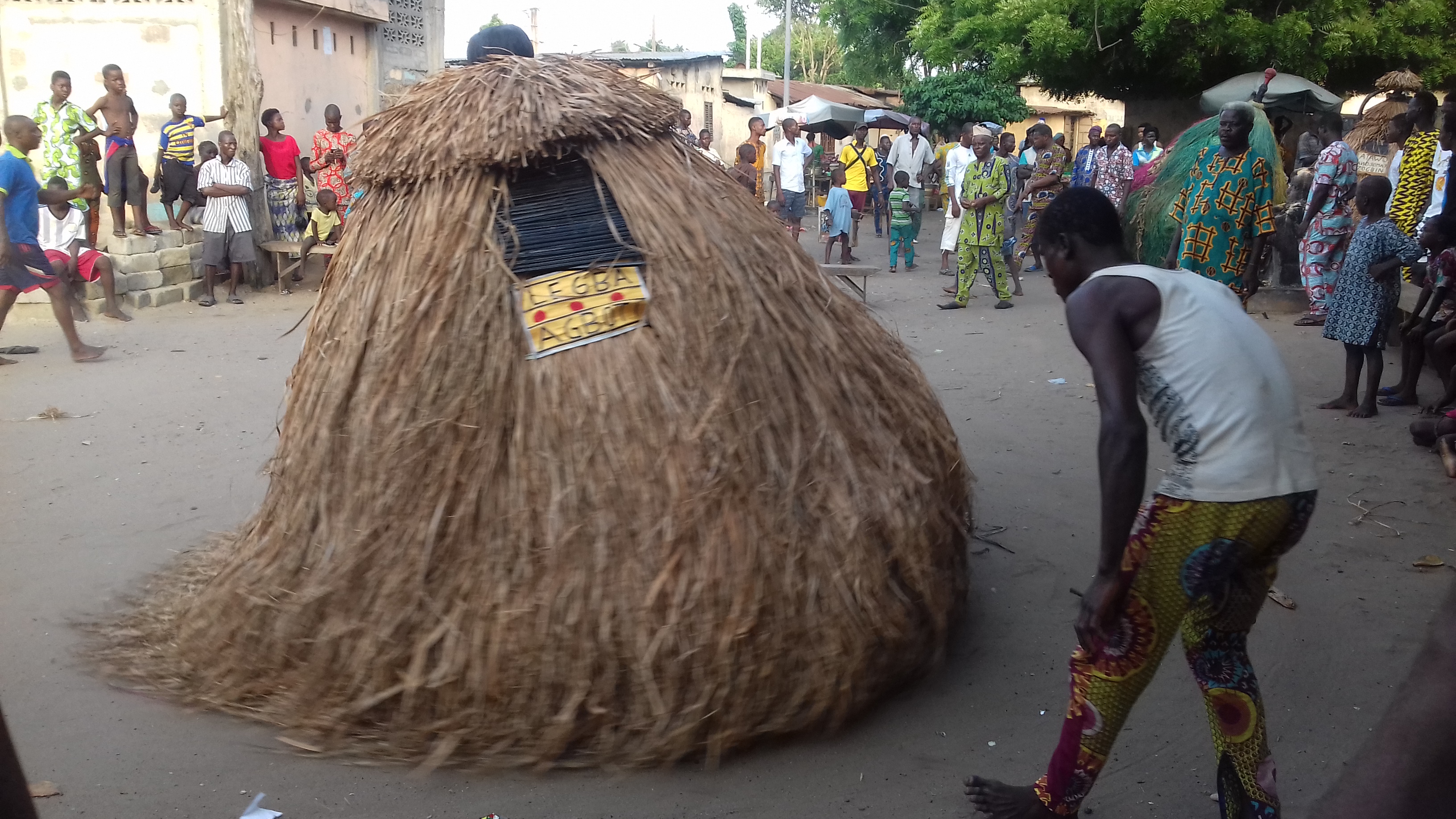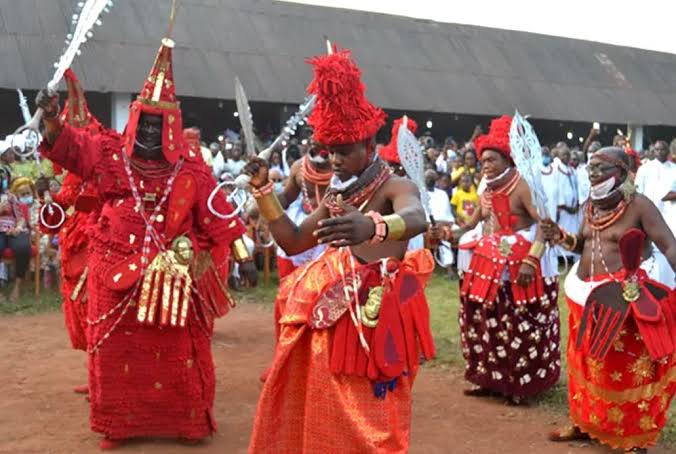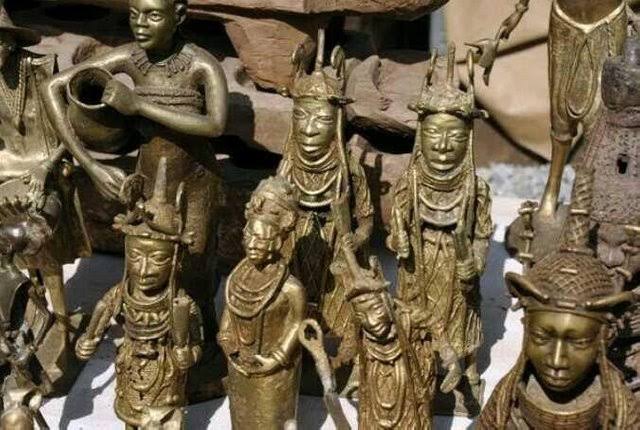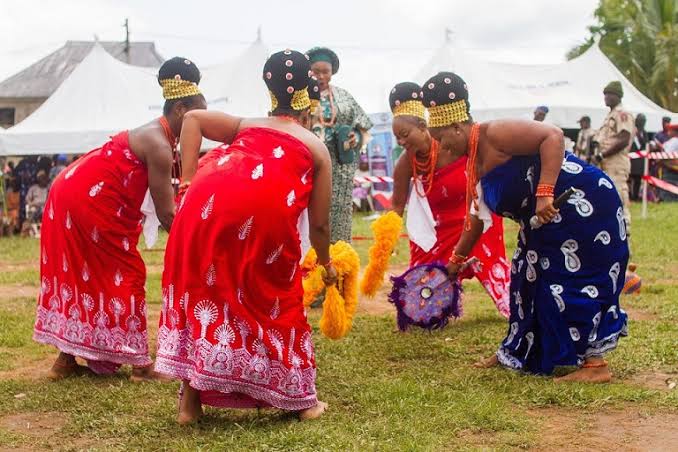Afemai Culture
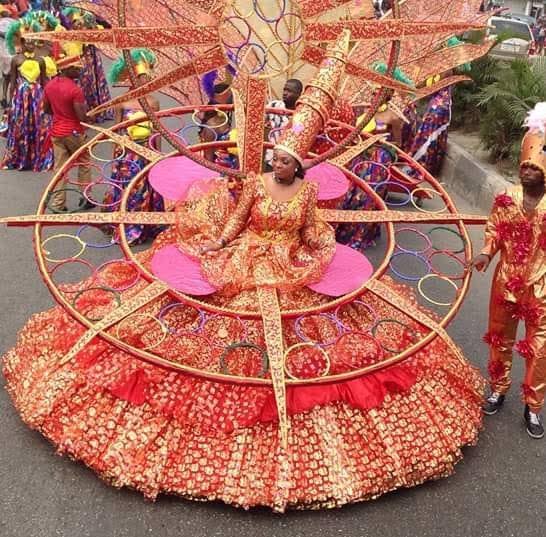
Description
The Afemai people, also known as Afenmai or Etsako, are an ethnic group in the northern part of Edo State, Nigeria. Their culture is deeply rooted in their history and is characterized by a blend of traditional practices, beliefs, and social systems that have been passed down through generations. The Afemai people are known for their rich cultural heritage, which includes unique languages, religious beliefs, festivals, and artistic expressions.
Historical Background
The Afemai people are believed to have migrated to their current location from the Benin Kingdom during periods of internal strife and warfare. This migration significantly influenced their culture, as they retained many aspects of Benin's traditions while also developing their distinct cultural identity. The Afemai region is composed of several clans, including Etsako, Owan, and Akoko-Edo, each with its own specific customs and traditions, though they share a common cultural heritage.
Language
The Afemai people speak several dialects, collectively known as the Afemai or Afenmai language, which belongs to the Edoid language family. The primary dialects include Etsako, Okpella, Weppa-Wanno, Auchi, and Uzairue. These dialects are mutually intelligible and serve as a vital link in preserving the cultural identity and heritage of the Afemai people. The language is used in everyday communication, traditional ceremonies, and oral literature, including proverbs, folktales, and songs.
Religion and Beliefs
Traditionally, the Afemai people practiced a form of religion that was deeply rooted in animism, ancestor worship, and the veneration of various deities. The most important deity in Afemai traditional religion is Osu, the god of the earth, who is believed to protect the land and its people. The Afemai also worship other deities associated with fertility, health, and protection.
Ancestor worship is another key aspect of Afemai religious life. The ancestors are believed to watch over their descendants, and they are honored through rituals, offerings, and festivals. These practices are aimed at maintaining harmony between the living and the dead, as well as ensuring the community's well-being.
With the advent of Christianity and Islam, many Afemai people converted to these religions, though traditional beliefs and practices still persist, often blending with the new religious practices. For example, many Christian Afemai still participate in traditional festivals and rituals, which have been adapted to fit within their religious beliefs.
Social Structure and Governance
Afemai society is organized into clans, each with its own chieftaincy system. The traditional rulers, often referred to as the "Otaru" or "Enogie" depending on the clan, play a significant role in governance and the administration of justice. These rulers are supported by a council of elders, who are responsible for advising the ruler, settling disputes, and overseeing communal activities.
The social structure of the Afemai people is hierarchical, with respect for age and seniority being central to their culture. Elders are highly respected and are considered the custodians of cultural knowledge and traditions. This respect for elders is reflected in the age-grade system, which organizes individuals into groups based on their age and assigns them specific communal responsibilities.
Festivals and Celebrations
The Afemai people celebrate various festivals, many of which are tied to their agricultural calendar, religious beliefs, and communal identity. Some of the most notable festivals include:
Ukpe Festival: This is one of the most important festivals among the Afemai, celebrated at the end of the harvest season. It is a time of thanksgiving to the gods for a bountiful harvest and a period of communal feasting, dancing, and merrymaking.
Ekuochi Festival:Celebrated primarily by the people of Auchi, the Ekuochi Festival is a masquerade festival that marks the beginning of the new year. It involves elaborate masquerades, music, dance, and various rituals to cleanse the community and bring prosperity.
Ijeki Festival: This is a traditional festival celebrated by the Etsako people, particularly in the town of Agenebode. It is a festival of renewal and purification, involving rituals to appease the gods and ancestors, and it is accompanied by drumming, dancing, and the performance of traditional rites.
These festivals are not only religious in nature but also serve to strengthen community bonds, preserve cultural heritage, and provide entertainment.
Art and Craft
The Afemai people have a rich tradition of art and craft, with skills passed down through generations. They are particularly known for their weaving, pottery, and blacksmithing. The weaving of traditional cloth, known as "Aso Afemai," is a significant cultural practice, with intricate patterns and designs that reflect the weaver's skill and creativity.
Pottery is another important craft, with pots used for cooking, storage, and religious rituals. The blacksmiths of Afemai are known for producing tools, weapons, and ceremonial objects, which are essential to both everyday life and traditional practices.
Marriage and Family Life
Marriage in Afemai culture is a deeply rooted institution, governed by customs and traditions that emphasize the importance of family and community. Marriages are usually arranged with the consent of both families, and the process involves several stages, including the payment of the bride price, engagement ceremonies, and the wedding itself.
Polygamy was traditionally practiced, though it has become less common with the influence of Christianity and modernization. Family life is centered around the extended family, with strong bonds between relatives who support each other economically and socially.
References
1. Okpoko, A. I. (1998). "The Afemai People of Nigeria: A Study in Traditional Art and Culture."This book offers a comprehensive exploration of the traditional art and cultural practices of the Afemai people, highlighting their artistic achievements and cultural heritage.
2. Omoregie, E. (2010). "Social Organization and Religion among the Afemai People." Published in the *Journal of African Studies*, this article examines the social structure, religious beliefs, and traditional practices of the Afemai people.
3. Oseni, Z. I. (2003). "Festivals and Rituals in Afemai Land."A detailed study of the various festivals celebrated by the Afemai people, exploring their religious and social significance.
4. Edo State Ministry of Culture and Tourism - Official Website.Provides information on the cultural practices, festivals, and heritage of the Afemai people, as well as efforts to preserve and promote their culture.

Related Content
Opdwodowkdwiidwok djwkqdwqofhjqwlsqj jfkmclasdkjfjewlfjkwkdjoiqw fnedkwdkowfwhi jiowjiowhfiwkj rohriowjropwjrofwjrijeiwo edostatearchives.org
Opdwodowkdwiidwok djwkqdwqofhjqwlsqj jfkmclasdkjfjewlfjkwkdjoiqw fnedkwdkowfwhi jiowjiowhfiwkj rohriowjropwjrofwjrijeiwo edostatearchives.org
.png)
.png)
